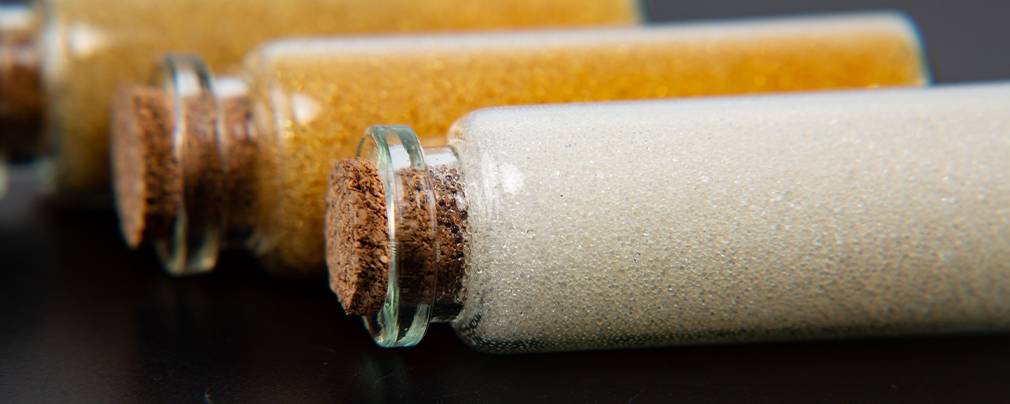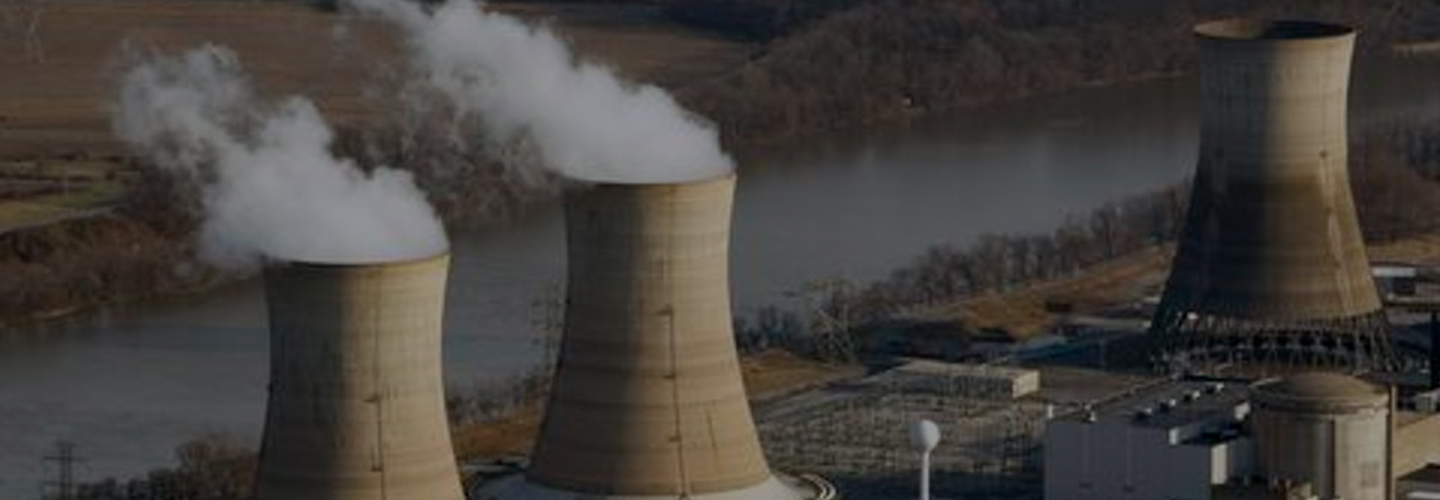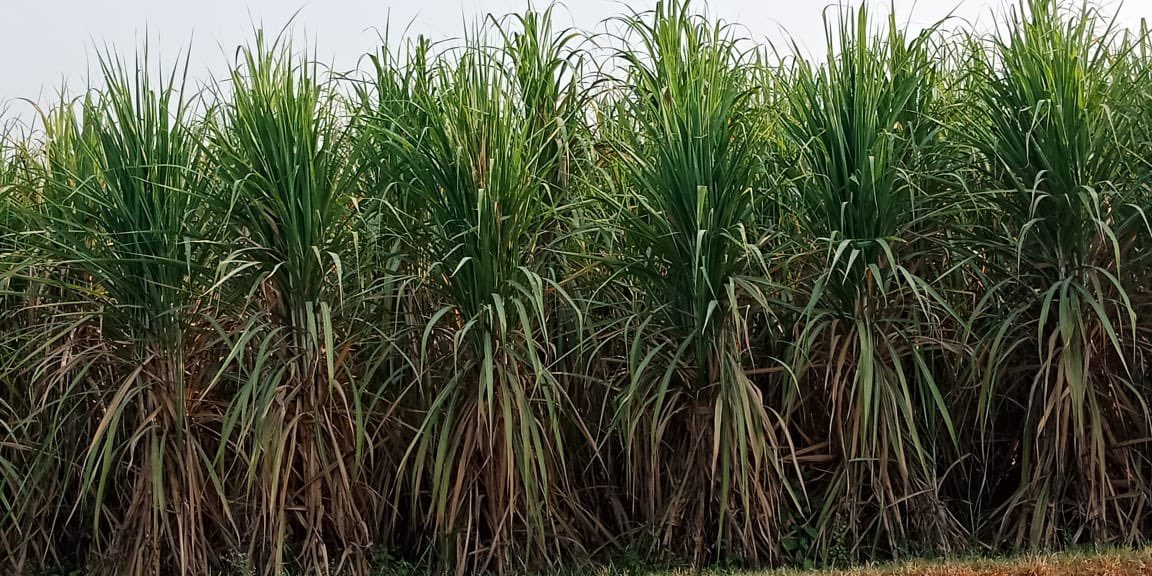- Increasing the service life of the membrane material
- Reducing the number of chemical cleaning and equipment downtime
- Reduction of water consumption for own needs
- Optimization of concentrate and permeate percentage
- Reduction of operating costs
- Saving energy
- Minimization of environmental problems

LARCH OVERSEAS
LARCH OVERSEAS Company is an international distributor that supplies both water treatment equipment and chemicals to the global market. Products from the company include water filtration equipment and different membrane systems, ion exchange resins, chemicals for cooling systems and services.
Water treatment equipment
Water treatment equipment is used to improve water quality making acceptable for it's intended use. Applications include: Drinking water treatment, waste water treatment, irrigation water, industrial cooling water, process cooling water and industrial water treatment to name a few. Proper selection of water treatment equipment requires a diverse knowledge of these applications and in depth knowledge of the equipment used to solve issues surrounding water quality. Breeze LLC has both application experience and product knowledge. Some of the issues that can be solved include: Corrosion control, scale inhibition, water disinfection and control of microbiological fouling. To deal with these conditions the deployment of specific chemical treatments, filtration equipment and corrosion monitoring equipment is used to ensure the best possible result. Breeze LLC represents dozens of brands to choose from and has the expertise to match the best equipment for the problem.

Nanofiltration
Nanofiltration (NF) is a membrane liquid-separation technology sharing many characteristics with reverse osmosis (RO). Unlike RO, which has high rejection of virtually all dissolved solutes, NF provides high rejection of multivalent ions, such as calcium, and low rejection of monovalent ions, such as chloride.
Reverse osmosis
Compared to traditional filtration technologies that rely on a screen or filter to remove particles, reverse osmosis (RO) is a pressure-driven separation process that employs a semipermeable membrane and the principles of crossflow filtration. Reverse osmosis water treatment provides the finest level of filtration. The RO membrane acts as a barrier to all salts and inorganic molecules, as well as organic molecules with a molecular weight greater than approximately 100. It is therefore a highly effective process for removing contaminants such as: Endotoxins/pyrogens. Insecticides/pesticides. Herbicides. Antibiotics. Nitrates. Sugars. Soluble salts. Metal ions.

Ion exchange
Ion exchange (IX) is the reversible interchange of ions between a solid and a liquid such as water. Ion exchange resins remove harmful contaminants from liquids, replacing them with beneficial, desired ions. Ion exchange is used in water treatment, including water softening, industrial demineralization, condensate polishing, ultrapure water production, and wastewater treatment. It can also provide a method of separation in many nonwater processes, such as desiccation and chromatographic separation. It has special utility in chemical synthesis, manufacturing, food processing, mining, power generation , agriculture, and a variety of applications and other industries.
Chemical treatment of steam boilers and heating systems
chemicals minimize corrosion processes, eliminate development of scale, regulate pH and create conditions for excellent passivation. These factors lead to the optimised heat transfer, improve the quality of steam, reduce fuel consumption and improve efficiency.

Chemical treatment of cooling systems
Industrial cooling tower and closed loop efficiency can be adversely affected by corrosion, scaling, fouling and biological contamination. Breeze LLC offers a full array of solutions including chemicals, equipment, automation and software, designed to safely optimize cooling system performance while conserving water and minimizing waste.
Chemical treatment for reverse osmosis and ultrafiltration membrane technologies

Sugar processing chemicals
- Sugar Evaporation plant treatment; high performance scale inhibitors; FDA approval; low dosage;
- Sugar Mill sanitation and prevention of biofouling; increased sucrose recovery by reducing microbiological contamination, such as the Leuconostoc bacteria which invert sucrose to Dextran
- Fully organic defoamers will successfully inhibit and prevent the formation of foam in flumes, diffusers and molasses with juices and syrups
Paper processing chemicals
- Products for chemical-physical sedimentation and whitening
- Biocide and preservatives
- Deposit and scale control chemicals
- Defoamers and wetting agents
- Cleaning chemicals